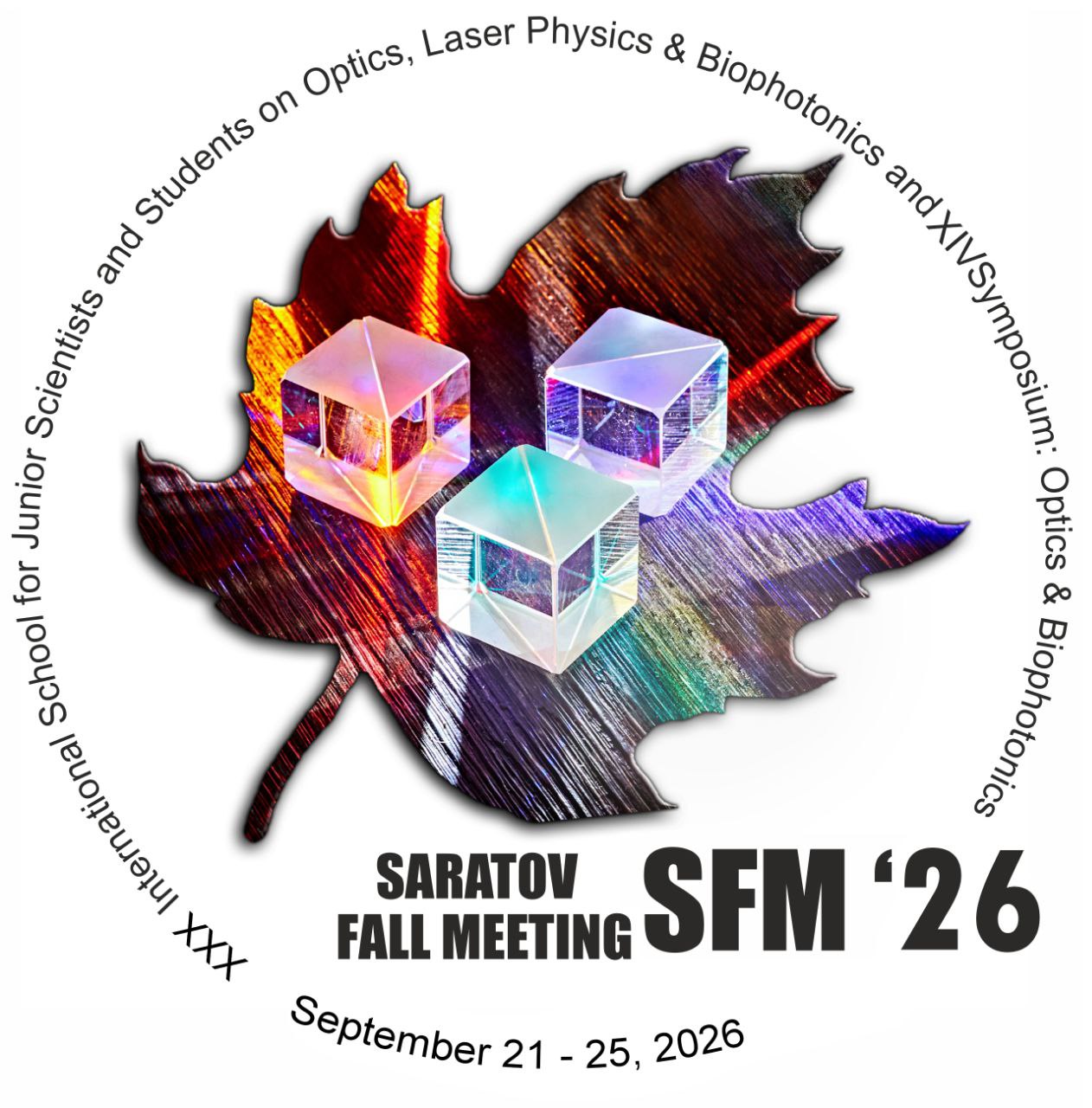Reactivity of stress-releasing and stress-limiting systems under conditions of changing light regime in experiment
Olga, V. Zlobina,1, Svetlana S. Pakhomy,1, Alexey N. Ivanov,1, Irina O. Bugaeva,1, Alexandra O. Moskvina,1, Ekaterina M. Kostromina,1 1 Saratov State Medical University named after V.I. Razumovsky, Saratov, Russia
Abstract
Prolonged light exposure is one of the stressors that have a negative effect on the maintenance of homeostasis in a living organism. The secretion of most hormones is subject to biological cyclicity and when disturbed does not correspond to physiological norm, often approaching the level causing the development of pathological processes [1-3]. The aim of the study was to investigate the hormonal status of stress systems under conditions of changing light conditions in the experiment. The light exposure was simulated on 48 white mongrel male rats using the 18:6 model. The laboratory animals were kept for 18 hours under continuous light and then kept for 6 hours in darkness. Serum from blood was obtained for biochemical investigation of the stress-limiting and stress-releasing systems of the body. The serum concentrations of melatonin, adrenocorticotropic hormone and β-endorphin were determined by enzyme immunoassay. It was found that the blood showed abrupt changes in the histochemical parameters of the functional activity of the hypothalamic-pituitary-adrenal system (decrease in the level of β-endorphin, melatonin and increase in the adrenocorticotropic hormone), which allows us to establish the stressor nature of the long-term light exposure.
File with abstract
Speaker
Zlobina O.V.
Saratov State Medical University named after V.I. Razumovsky
Russia
Discussion
Ask question


